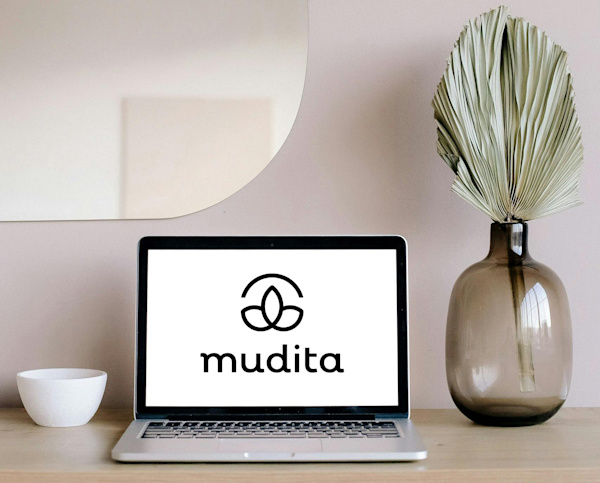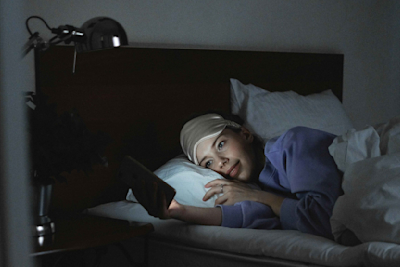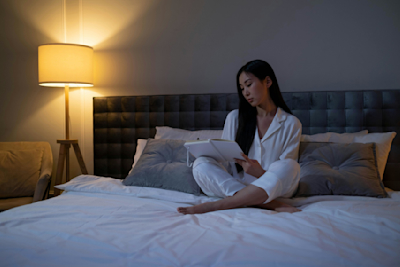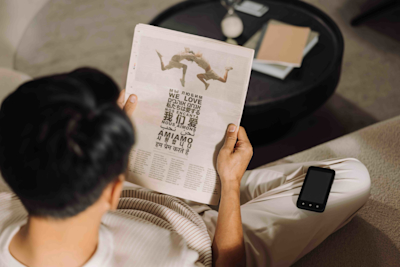
Desk-scaping: The art of decluttering your workspace
Curate your workspace
If you search Pinterest or Instagram for hashtags #minimalistdesk #desksetup #deskinspo or #deskgoals and you’re likely to discover a plethora of inspiring images, featuring sleek desk setups, in coordinating colors with shiny monitors or ultra-slim laptops. Some images showcase pretty pens, color-coordinated stationery and even pretty plants or flowers. One thing that is missing in all those inspiration photos is clutter.
As the new way of working takes shape and more businesses adopt a hybrid model, where office staff are not present in the office full time, it’s likely that many of us will continue to work from home regularly.
As remote work becomes a part of our “new normal'', this new way of getting work done has also turbo-charged our obsession with curating our workspaces. Unlike our offices, which are specifically designed to provide a focused, professional workspace and an environment centered around productivity, working from home comes with some unavoidable departures from our usual work habits and setups.
Keep in mind your health and well-being
Working from home during the last two years has forced many of us to make use of some unusual spaces with the goal of getting work done. For some, spare rooms became home offices. However, for those of us without an overabundance of space, closets, dusty attics or even bathrooms were used for such purposes. Taking a quick call in the closet, occasionally, because you need a quiet space, may sound harmless, however, it’s not a healthy long-term solution. Creating a healthy home office is crucial to our wellness. Making sure we have a desk setup with a good quality chair to support our posture, adequate lighting and an appropriately arranged monitor all make a difference in our overall well-being.
Light, especially, is very important. We always discuss that the light you’re exposed to directly impacts melatonin production in your brain. This hormone regulates our alert levels and cognitive functionality. Sitting close to a window, exposed to natural daylight (as opposed to a dark hallway) while you work could positively affect how you feel throughout the day.
Additionally, a greener workspace serves as a more productive work environment. According to a study by Harvard University, scientists observed a big difference in productivity between people who worked in offices with plants and as opposed to people working in spaces with no plants.[1]
That same study summarized that fresh air and natural light, in addition to plants, make workplaces healthy.
When setting up your home office, make sure to incorporate those ideas into your workspace.
Set up a dedicated working area
The simple truth is that having a dedicated work area helps us focus better. Although establishing a dedicated workspace is easier for some of us than others, it’s important to designate a specific area that will serve as your designated workspace. The human brain thrives on consistency and as humans, we are wired to respond to repetition, therefore working in the same spot repeatedly will put you in the right frame of mind.
Mudita Bell Classic Alarm Clock
Tidy up, declutter & organize
At Mudita, we are big believers that minimizing clutter is a key way to improve your productivity. When we’re surrounded by clutter and disorganization our attention and focus are affected.
A recent report published by the Journal of Neuroscience indicated that clutter limits the brain’s ability to process information correctly. Basically, when our brain is overstimulated and we have too much ‘stuff’ in our surroundings to look at, our brain will find it more difficult to focus our attention on the task at hand. So, if you want to start completing tasks more efficiently, it’s time to get tidying. [2]
Less is more may sound like a cliché, however when it comes to minimalist aesthetic and design, it is the core and essence of minimalist style. It involves eliminating clutter and creating a more clean, spacious environment – which can be highly appealing to all our senses.
Bottom Line
On the surface, just like with everything connected with minimalism, desk-scaping it’s all about focus and peace of mind. Letting go of the unnecessary, frees up our mind to focus on what is truly important.
If you’d like to read more about topics connected to this subject, please check out some of our other articles:
To learn more about Mudita, we invite you to explore our blog and join our expanding Mudita Community on our FORUM.
Related stories

Why You Can’t Sleep (And What to Do About It)
Struggling with sleepless nights? Discover what's keeping you awake & learn practical solutions from Mudita to improve your sleep quality.

How to Sleep Better When Anxiety Keeps You Awake
Struggling to sleep with anxiety? Discover mindful tips, natural remedies & practical strategies to calm your mind, improve sleep quality & wake up refreshed.

Simple Ways to Stop Getting Distracted
Learn simple ways to stop distractions with Mudita Kompakt and Mudita Harmony. Reclaim focus, reduce screen time, and live more intentionally with mindful tech.
If you'd like to receive the best stories from our blog, keep up to date with our progress and get notified about our product releases and special discounts.